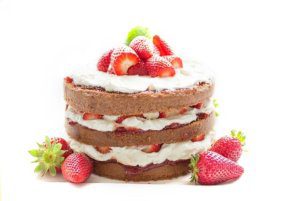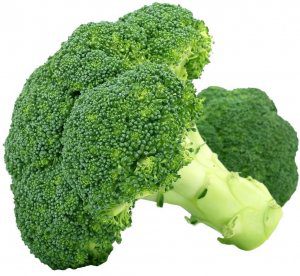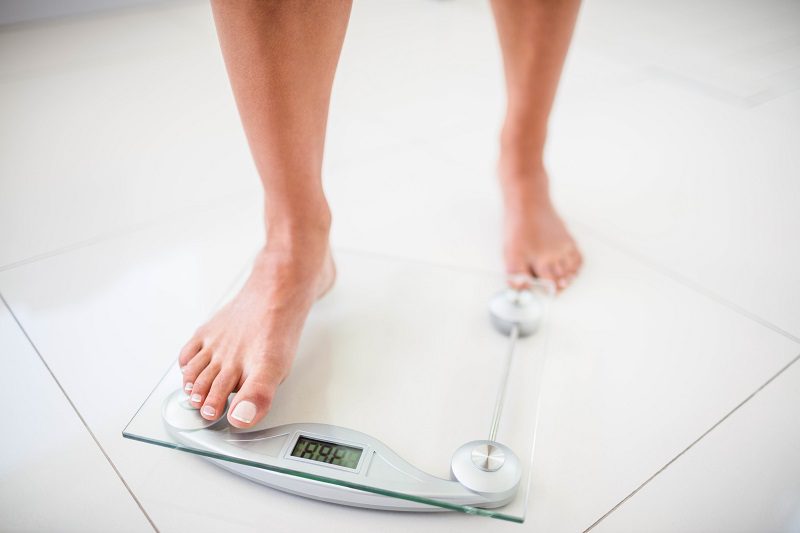How And Why Insulin Resistance Causes Weight Gain?
Table of Contents
How And Why Insulin Resistance Causes Weight Gain?!
When you think of insulin, you think of diabetes. However, in order to understand insulin and its effects on weight gain, you must understand what insulin is and how it affects your body. Insulin, created from your body’s pancreas, helps with the conversion of glucose into energy. We convert everything we eat into glucose, but only one food type is completely converted into glucose: carbohydrates.
How Do Our Bodies Convert Food Into Energy?
Every organ in our body needs the energy to function. The only way our bodies get energy is by eating food. When we eat food, it goes into our stomach, where it’s broken down. If you’re consuming carbohydrates such as sugar and starches, the stomach breaks them down further into glucose. Once the carbohydrates are broken down into glucose, it’s released into the bloodstream through the stomach and small intestines, where it can either be stored for later or used right away.
If we don’t use the glucose right away, then the body begins the process of storing the glucose later. That’s when insulin comes in.
How Do Our Bodies Create Insulin?
If we don’t immediately use the glucose, then the body must store it. In order for the body to store glucose and remove it from the bloodstream, it must rely on a hormone secreted from the pancreas called insulin. When your body senses higher levels of glucose, it normally releases enough insulin into the bloodstream to convert the glucose into energy.
Depending on what you eat, your body has rising and falling levels of glucose and insulin throughout the day. If the body is operating as intended, it should keep the blood sugar balanced. The pancreas produces just enough insulin to keep glucose balanced in the body, so there’s not too much or too little. Unfortunately, those at risk of diabetes or who already suffer from diabetes will see an imbalance of insulin.
How does Diabetes Affects Blood Glucose And Insulin?
There are a couple of ways your body tells you that your body isn’t producing as much insulin as it should and developing insulin resistance:
- Blurry vision
- Hunger, even after eating
- Urinating more frequently
- Excessive fatigue
- Feeling thirstier than normal
- Unexplained weight gain
When the body stops or starts to slow down, in making insulin, then it means that glucose goes uncontrolled in the blood. The kidneys will attempt to expel any excess glucose through urine, but the glucose cannot pass through the cells because there is too much in the bloodstream. Without insulin to convert the glucose into energy, it’s free to travel through the bloodstream and cause these side effects that could indicate prediabetes or diabetes.
What Causes Insulin Resistance?
When your body struggles to pull glucose from your blood, then you’re developing insulin resistance. There are multiple causes of insulin resistance. Here are a few to list. Keep in mind, that these are not all of the causes of insulin resistance:
- High blood pressure
- Obesity
- Smoking
- Genetics
- Lack of exercise
Obesity, especially, is one of the main causes of insulin resistance. Unfortunately, for some, when the body starts developing insulin resistance, it makes it difficult to lose that weight. Let’s take a look at why insulin resistance causes more weight gain.
Why Insulin Resistance Causes Weight Gain?
Remember how, if there’s too much glucose in the bloodstream, the cells cannot absorb any more glucose? When those cells hold too much glucose, they’re eventually converted into fat. It’s the insulin’s responsibility to convert the glucose and help the cells expend the glucose as energy. Even the fat cells absorb the excess glucose, which leads to weight gain. Even the foods you consume can lead to insulin resistance.
How Can Your Diet Affect Insulin Resistance And Weight Gain?
If you want to improve insulin resistance or lose weight when you’re prediabetic, what you eat makes all the difference. If you don’t control your eating, then you’re not doing your insulin or blood sugar any favors. When your body has too much blood glucose, it struggles to secret it through urine, leading to prediabetes or diabetes.
If you want to eat food that doesn’t increase insulin resistance, you should avoid consuming:

- Excess sugar
- Unhealthy fats like trans fats
- Fried or processed foods
- Refined flour like pasta or white bread
Instead, you should consume more:
- Fatty fish
- Healthy fats
- Vegetables
- Whole grains
This doesn’t mean you should go on a crash diet, as you could do more harm than good as it can cause massive swings in your blood sugar levels, which only increases belly fat. Consume fewer carbohydrates, but don’t drastically reduce your calories. Depending on how bad your insulin resistance is, you don’t have to cut carbohydrates out completely. You can limit your carbohydrates to fruits, vegetables, beans, and whole grains.
Take Away!
It’s best to cut out processed foods completely. Highly processed foods don’t only raise your blood sugar levels, but they normally contain above-average sodium levels, which isn’t good for your blood pressure. Avoiding carbohydrates completely will help prevent diabetes, but your body still needs unprocessed carb sources for a well-balanced diet to help control your blood sugar.
When it comes to dieting to reduce the weight gain caused by insulin resistance, simply counting calories should suffice. Stay active and burn off any calories you consume that day. Plan your workouts around your carbohydrate consumption so your body can use them for immediate energy.
If you feel your weight gain is caused by insulin resistance, you should speak to your doctor to discuss your options. Fortunately, simple lifestyle changes are all you need to make, in most cases, to combat insulin resistance.


